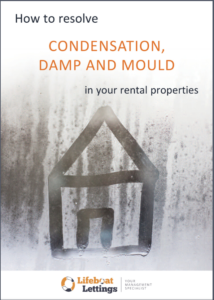
It had previously been announced by the government that second homes will need to be rented out for a minimum of 70 days per year to be liable for business rates (and small business relief) rather than be liable for council tax. Now, in the recent Queen’s Speech 2022, it has been announced that councils will be granted powers to impose higher rates of council tax on second homes.
Under current rules, second home-owners only have to declare an ‘intention to let” for short periods totalling a minimum of 140 days per year, to qualify for business rates relief. There is no requirement to prove the actual period the property is let, to qualify. Any empty homes not eligible for business rate relief (i.e. where an intention to let has not been declared), are liable for council tax (with or without a discount). Normally a council tax premium would need to be paid if the property was empty for two or more years.
How are the rules changing?
From April 2023, to benefit from business rate relief, second home-owners will now be required to prove that they have let their properties out for a minimum of 70 days, and these properties must actually be “available” to let out for a minimum of 140 days (i.e. are not being used by the owner themselves).
There are various ways a second home-owner could satisfy these requirements. The website or brochure used to advertise the property, letting details and receipts all being acceptable means.
In addition, as part of the Levelling-Up program, the government has also confirmed that it will give councils the power to double the standard council tax rate on any home left empty for longer than a year, rather than the current two years.
The new rules on council tax will encourage more empty homes “back into productive use, while raising additional revenue to support local services and keep council tax down for local residents.” However, there is still ongoing debate on how fair these proposed changes are, with many arguing that second-home owners who don’t let out their homes as holiday lets, rarely use the local services, even though they nearly always pay council tax in full.
If you have any questions related to the above subject or if you have any property related queries contact the team now.




